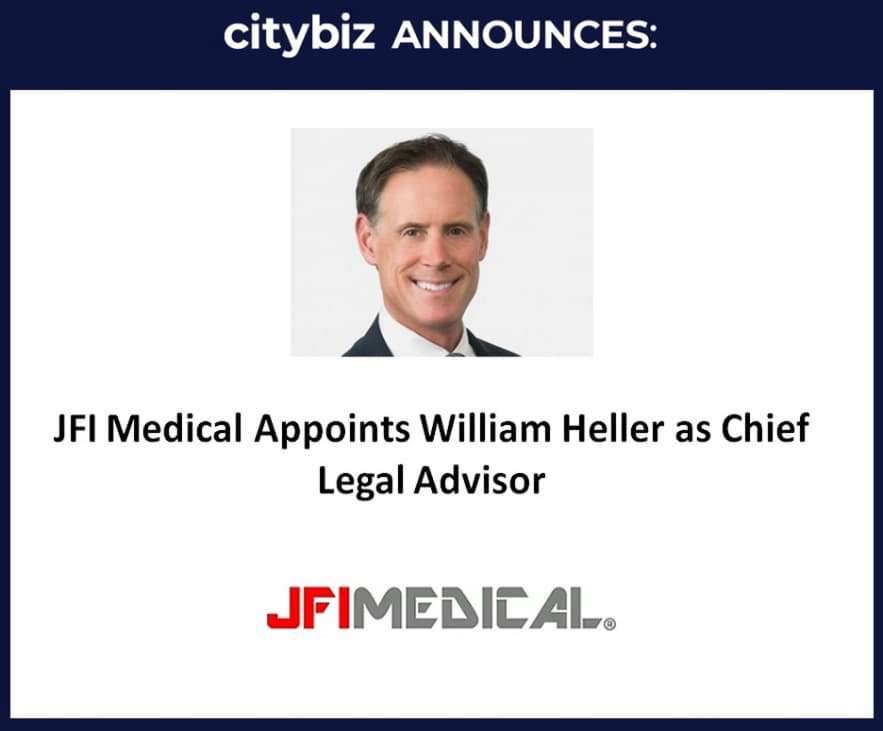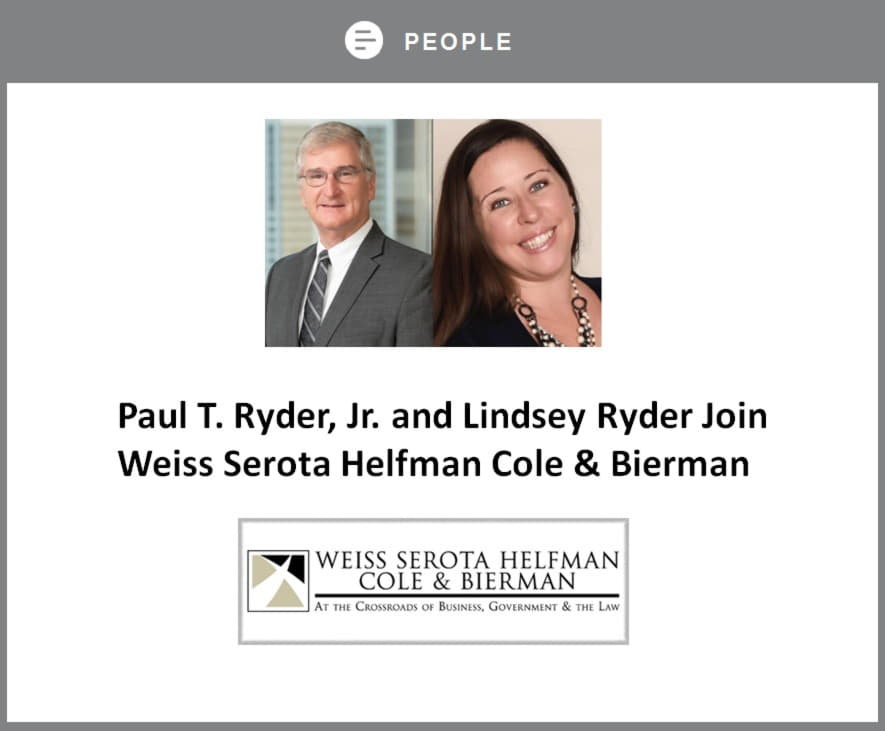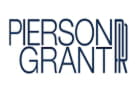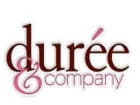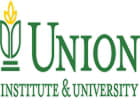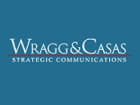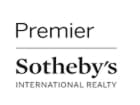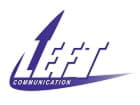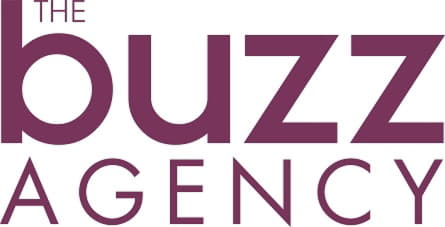By: Karl Ruppert, Managing Director, Florida Private Wealth Management Market Head for UBS Financial Services
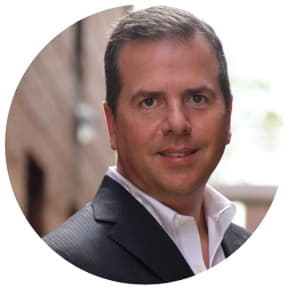
It’s in our professional DNA: Financial advisors are all about keeping individuals and families on the right path to a financially rewarding future. This path often runs through a college campus – it’s why we focus so much on strategies for paying college costs. But unfortunately, access to higher education opportunities aren’t equally shared.
Many lower-income high school students struggle in their college pursuits and unfortunately, often fail to graduate[1]. They may lose out on the knowledge, skills and network that higher education provides, and the opportunity to connect their personal interests to career pathways that could lead to increased earning potential and better life outcomes. We want to change this trajectory by helping to fill a critical gap in the guidance and skills that lower-income students urgently need, long before they ever reach a college campus.
There's no question that college offers a big, lifelong financial boost: On average, Americans with bachelor’s degrees earn 66 percent more than those with only a high school diploma – and $1 million more over their entire career. Yet, for lower income students, disparities in college enrollment are increasing; for example, at our nation’s elite colleges, 24 wealthy students are enrolled for every one low-income student.Since 1995, the U.S. has missed out on more than 2 million black and Latino students completing a post-secondary degree, either because they never enrolled or didn’t make it through to graduation. As a consequence, a huge population of talented young people are being left behind financially. That’s a significant loss for them as individuals as well as to our nation’s economic vitality.
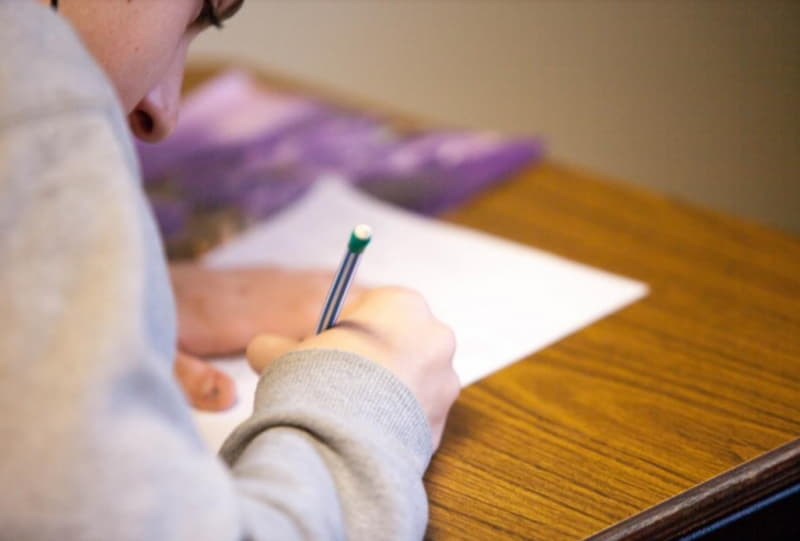
The Gap – and the Opportunity
Research has shown that high school students strongly benefit from working with a guidance counselor who helps them understand and navigate the college application process – while also nurturing their confidence that higher education is achievable[2]. But many guidance counselors in under-resourced school districts are overwhelmed, tasked with serving as many as 450 students per academic school year, making personalized support and advice almost impossible. In fact, nearly 11 million high school students nationwide have insufficient guidance counseling support[3], and students that are first in their families to go to college face even greater challenges navigating an already complex admissions process. About one in four high-achieving, low-income students apply to college completely on their own[4].
At UBS, we want to help close this counselor-student gap and guide more low-income students towards improved college and career outcomes, by offering high schools and nonprofit organizations a free, digital curriculum called Keys to Your Future (KTYF). The curriculum blends innovative technology and in-person activities to give each student a highly personalized learning experience focused on their life choices after high school. We developed KTYF in partnership with EVERFI, a leading education technology company, with input from national experts on college and career readiness. The web-based modules lets students explore and learn more about a broad selection of college and career options, and helps them understand what it takes – both academically and financially – to get to college and earn a degree. The content also covers a range of nonacademic skills equally critical to life success, such as problem solving, time management and networking.
KTYF was designed to increase the capacity of high schools so that teachers can implement the curriculum, in addition to after-school program staff. The “on the ground” part includes UBS employee and community volunteers at schools and nonprofits to bring these skills to life by leading skills-based, career-focused workshops on topics like goal setting and producing your personal elevator pitch.
We believe that the impact of this program can be profound and long-lasting, and hope that programs like KTYF can bolster students’ mindsets, by providing them with the tools and resources designed to help them stay the course beyond.
Reaching a “First Generation” Striving for College
Though KTYF will be broadly available to high schools and organizations seeking to deliver better college and career guidance, we are especially focused on reaching students who need this resource the most – those from low to moderate income backgrounds, many of whom would be the first in their family to attend college. So this is our call to action: We invite schools and organizations across the U.S. to learn more about KTYF, because we believe that together, we can have a big impact on a generation of young people. By 2021, we aim to reach more than 150,000 students in 1,000 schools and organizations nationwide. As we continue to expand the program, we hope to validate the considerable benefits of enhanced and personalized counseling for lower-income high school students and show the enormous value that easy access to college resources and guidance on a large scale could create.
UBS has long been committed to helping students connect with colleges that are a good fit, who then go on to successfully graduate. KTYF will provide students with invaluable support even earlier in this path, and will assist in filling the gap that is left where sufficient guidance has previously been lacking. Success is truly a journey and all of our nation’s young people deserve a fair shot at fulfilling their dreams – now and for the future.

